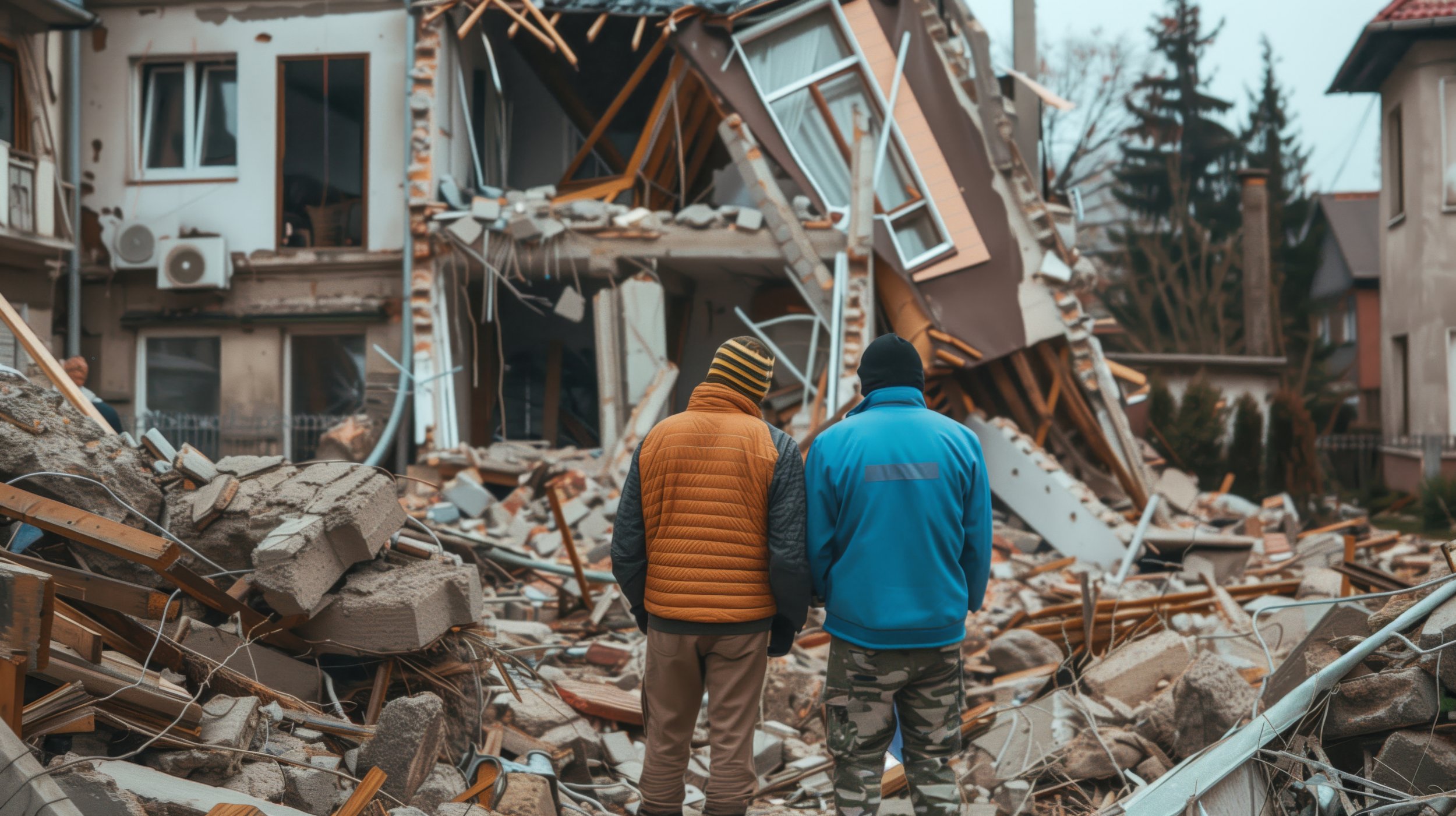Practical resources
Pack properly so you can leave quickly.
While there are steps you should take, there are also things to avoid.
Find ways to protect yourself, your workers and your business by developing a well-thought-out emergency action plan.
Leaving pets out of evacuation plans can put pets, owners and first responders in danger. Don’t wait until it’s too late.
Knowing your financial documents are up-to-date, in one place and portable can make a big difference at a tense time.
Learn ways to prepare, how to take action and what hazards to avoid.
A disaster can present challenges moving from one place to another, communicating or trouble transitioning to different situations.
Keeping in contact with your community may not be effective during and after a crisis.
Knowing where and how to access resources, whether for practical needs or mental health support, can help you feel safe and reduce the stress of recovery.
Knowing what to do next can help you regain control and begin rebuilding your life.
Don’t drink any tap water until the local authorities say it’s okay.
Identify and follow up on safety concerns when the power comes back on.
Information on organizations and financial steps to take for recovery.
Understand this odorless, colorless gas and the problems it can present.
Emotional & mental health resources
Responses may seem unusual for you, but some reactions are not uncommon.
Everyone who sees or experiences a disaster is affected by it in some way.
After a natural disaster, you may experience solastalgia, an emotional response to the loss or grief associated with the environmental damage or changes brought about by such events.
Learn about symptoms and ways to maintain health following the incident.
While everyone experiences stress, learn why social support and self-care are so important.
Kids may not be able to say what’s bothering them. Learn the signs.
It’s important to discuss what happened. Get insight on ways to have conversations.
No reaction is wrong or right. Get tips on coping.
If left unaddressed, stress can continue to build and affect your health and ability to cope with life.
Learn about typical reactions and ways to deal with emotions that bubble up.
While often associated with the military, this can impact anyone who has experienced a traumatic event.
Information to help you attend to your own needs and those of co-workers during this difficult time.
It is common for people who have experienced traumatic situations to have very strong emotional reactions.
How you approach situations can reduce your stress and anxiety and help you bounce back quicker and stronger.
Recognize the physical and emotional signs, and ways to get through this difficult time.
Going through the grieving process is not something that must be done alone.
The loss of a loved one is life’s most stressful event. Despite the talk about the “stages of grief,” there’s no real guide to mourning.
How to honor and remember a colleague.
Learn how to address what may be an awkward situation and offer assistance.
The office may be the only part of life that seems regular and routine. But for many who have experienced a recent loss, returning to work can be difficult.
Identify ways that are likely to work well for you as part of your own personal strategy.




































